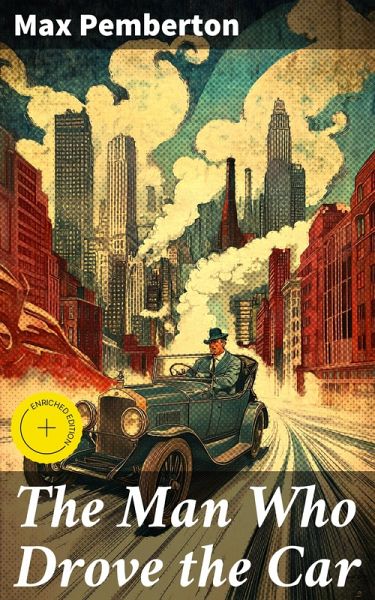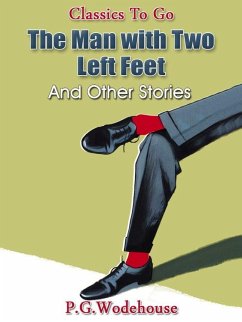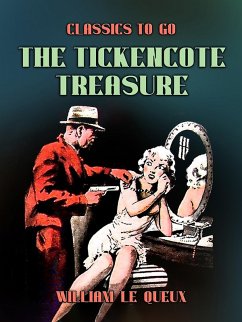
The Man Who Drove the Car (eBook, ePUB)
Enriched edition. The Consequences of Power and Desire in early 20th century British Society
Kommentar: Holden, Dylan / Redaktion: Good Press
Versandkostenfrei!
Sofort per Download lieferbar
0,49 €
inkl. MwSt.
Weitere Ausgaben:

PAYBACK Punkte
0 °P sammeln!
In "The Man Who Drove the Car," Max Pemberton weaves a gripping narrative that captures the intertwined fates of a man and the automobile he cherishes. Set against the backdrop of a rapidly changing society at the dawn of the 20th century, the novel reflects the intricate relationship between technology and human experience. Pemberton's prose balances vivid descriptions with haunting psychological insights, creating a rich tapestry that explores themes of ambition, isolation, and the relentless march of progress. The book resonates with the cultural anxieties of its time, embodying the thrill ...
In "The Man Who Drove the Car," Max Pemberton weaves a gripping narrative that captures the intertwined fates of a man and the automobile he cherishes. Set against the backdrop of a rapidly changing society at the dawn of the 20th century, the novel reflects the intricate relationship between technology and human experience. Pemberton's prose balances vivid descriptions with haunting psychological insights, creating a rich tapestry that explores themes of ambition, isolation, and the relentless march of progress. The book resonates with the cultural anxieties of its time, embodying the thrill and terror of modernity through its characters' journeys, both literal and metaphorical. Max Pemberton, a prolific writer and sportsman, masterfully draws from his varied experiences to inform his storytelling. His fascination with automobiles, combined with a deep understanding of the societal transitions of his era, informs the narrative's authenticity. Pemberton's background as a journalist also shines through in his keen observations of human behavior and his ability to craft compelling and relatable characters. For those interested in the complexities of early 20th-century life and the existential questions posed by the technological advancements of the time, "The Man Who Drove the Car" is a must-read. Pemberton's novel invites readers to contemplate their own relationship with the vehicles of modernity, making it a timeless exploration of humanity's quest for meaning amidst transformation. In this enriched edition, we have carefully created added value for your reading experience: - A succinct Introduction situates the work's timeless appeal and themes. - The Synopsis outlines the central plot, highlighting key developments without spoiling critical twists. - A detailed Historical Context immerses you in the era's events and influences that shaped the writing. - A thorough Analysis dissects symbols, motifs, and character arcs to unearth underlying meanings. - Reflection questions prompt you to engage personally with the work's messages, connecting them to modern life. - Hand-picked Memorable Quotes shine a spotlight on moments of literary brilliance. - Interactive footnotes clarify unusual references, historical allusions, and archaic phrases for an effortless, more informed read.
Dieser Download kann aus rechtlichen Gründen nur mit Rechnungsadresse in A, B, BG, CY, CZ, D, DK, EW, E, FIN, F, GR, H, IRL, I, LT, L, LR, M, NL, PL, P, R, S, SLO, SK ausgeliefert werden.













